As 2024 comes to a close, Nigerian sports fans are reflecting on a year marked by dramatic highs and lows.
The nation’s sporting landscape was dotted with moments of unbridled joy, courtesy of D’Tigres’ thrilling victories, as well as crushing setbacks, including the disappointing outings at the Paris Olympics and the Africa Cup of Nations (AFCON) in Côte d’Ivoire.
The year’s mixed bag of results has left Nigerian sports enthusiasts with a sense of optimism tempered by frustration, as they look back on the triumphs and tribulations that defined 2024.
AFCON
The Super Eagles’ remarkable journey to the final of the TotalEnergies CAF Africa Cup of Nations (AFCON) Côte d’Ivoire 2023 was undoubtedly one of the year’s standout moments.
After a shaky start, which saw them settle for a 1-1 draw with Equatorial Guinea, the team regained their footing with hard-fought victories over the host nation, Côte d’Ivoire (1-0), and Guinea-Bissau (1-0), securing their spot in the round of 16.
The Super Eagles’ winning momentum continued as they dominated Cameroon (2-0) and Angola (1-0) in the round of 16 and quarterfinals, respectively.
In the semifinals, Stanley Nwabali emerged as the hero, delivering a stellar performance in the penalty shootout to secure a 4-2 win over Bafana Bafana, following a 1-1 draw after extra time. Although the Eagles ultimately fell short in the final, losing 2-1 to the host nation, their impressive run left an indelible mark on the tournament.
World Cup Qualifier
A sense of unease and anxiety is gripping Nigerian football fans as the country’s chances of participating in consecutive World Cups hang precariously in the balance. The Super Eagles, fresh from their runner-up finish at the Africa Cup of Nations, are struggling to gain momentum in the 2026 FIFA World Cup qualifiers.
With a dismal record of no wins in their first four Group C matches, including a recent 2-1 loss to Benin and three consecutive draws, the team’s prospects look increasingly bleak.
This winless streak extends to seven World Cup qualifiers, dating back to November 2021. The team’s previous campaign ended in disappointment, with an away-goals defeat to Ghana in the playoffs.
Unless the Super Eagles can reverse their fortunes, they risk failing to advance beyond the qualifying stages, dashing the hopes of Nigerian fans eager to see their team compete on the world stage.
13th All African Games Accra
Team Nigeria finished second on the medal table at the 13th African Games in Ghana, raking in 47 gold, 33 silver, and 40 bronze medals across 25 sports at the competition.
Weightlifting produced Nigeria’s highest medal haul, with the team garnering 32 medals — 16 gold, 10 silver, and six bronze medals. Athletics was Nigeria’s second most productive sport at the Games, with 22 medals won.
Tobi Amusan won her third consecutive African Games gold medal in the women’s 100 meters hurdles. She then anchored the women’s 4×100 meters team to a gold medal.
Ese Brume retained her crown in the women’s long jump, while Chukwuebuka Enekwechi reigned supreme in the men’s shot put.
Blessing Oborududu and Odunayo Adekuoroye were pristine as wrestling earned Nigeria 11 medals.
Team Nigeria finished second on the medal table at the 13th African Games in Ghana, raking in 47 gold, 33 silver, and 40 bronze medals across 25 sports at the competition.
Weightlifting produced Nigeria’s highest medal haul, with the team garnering 32 medals—16 gold, 10 silver, and six bronze medals. Athletics was Nigeria’s second most productive sport at the Games, with 22 medals won.
Tobi Amusan won her third consecutive African Games gold medal in the women’s 100 meters hurdles.
She then anchored the women’s 4×100 meters team to a gold medal. Ese Brume retained her crown in the women’s long jump, while Chukwuebuka Enekwechi reigned supreme in the men’s shot put.
Blessing Oborududu and Odunayo Adekuoroye were pristine as wrestling earned Nigeria 11 medals.
Ademola Lookman
Individual glory also smiled on Nigeria as Ademola Lookman was honoured as the continental Men’s African Player of the Year. This prestigious recognition capped off an extraordinary year marked by outstanding accomplishments.
Lookman’s well-deserved win is a testament to his tireless work ethic, unwavering dedication, and unrelenting passion for the sport.
His impressive portfolio boasts an array of notable achievements, including winning the Europa League with Atalanta, being named Atalanta’s Player of the Season, and earning a coveted spot in the Europa League Team of the Year.
Rena Wakama
Rena Wakama, the trailblazing Nigerian basketball coach, was honored as the ‘Best Coach’ at the 2024 Paris Olympics, following her remarkable leadership of D’Tigress, Nigeria’s women’s basketball team.
At just 32 years old, Wakama made history by guiding D’Tigress to the Olympic quarterfinals for the first time, a feat that earned her recognition from both FIBA and the Olympic organizers.
Under her leadership, Nigeria achieved its first-ever Olympic basketball victory, defeating third-ranked Australia in a stunning upset to open their campaign.
This win set the tone for D’Tigress’s historic run, which continued with a dramatic victory over fifth-ranked Canada in the final group game, securing their place in the knockout stage for the first time.
This achievement was particularly significant, as it marked the first time an African nation, male or female, had advanced to the last eight in Olympic basketball history.
Although Nigeria eventually fell to the United States in the quarter-finals, their journey left an indelible mark on the tournament.
Chiamaka Nnadozoe Retains CAF Goalkeeper of the Year
Chiamaka Nnadozie, Super Falcons and Paris F.C. goalkeeper, also made headlines as she was crowned the CAF Goalkeeper of the Year for the second successive year. Her impressive performance, which included ten clean sheets in 28 games for club and country, earned her the coveted award.
The Paris Fiasco
Team Nigeria’s Olympic campaign was marked by controversy and disappointment. Despite parading 88 athletes in 12 events, the team failed to win a single medal, finishing without a podium placement for the eighth time in the nation’s Olympic history.
The team was rocked by scandals, including the ban of Nigerian boxer Cynthia Ogunsemilore from competing at the Paris 2024 Olympic Games after failing a drug test.
The disparity in the outfits of Team Nigeria at the opening ceremony of the Paris Olympics was another controversy that marred the team’s campaign. The Nigerian Olympic Committee (NOC) had a deal with ‘Active Black’ without the consent of the Ministry, leading to the embarrassing situation.
Team Nigeria was also rocked by the denial of Nigeria’s national champion in the women’s 100-meter sprint, Favour Ofili, the opportunity to compete in the event due to the failure of the Nigerian track federation to enter her into the field in time.
In another embarrassing incident, Nigeria’s first-ever Olympic cyclist, Ese Ukpeseraye, was forced to borrow a bike from the German team to compete in Paris after being unable to source one.
However, amidst the disappointment, there were some bright sparks that offered a glimmer of hope for the future. Young athletes like Samuel Ogazi, who became the first Nigerian male quarter-miler to qualify for the 400m semifinals in the Olympics in 24 years.
Ezekiel Nathaniel, he automatically qualified for the Paris 2024 Olympics, surpassing the Olympic standard by almost half a second. Favour Ofili, and Ese Brume showed promise and potential, demonstrating that with proper grants and support, Nigeria can produce world-class athletes.
Way Forward
With 2025 upon us Nigerians are hopeful that the The National Sports Commission (NSC) ambitious plan to transform Nigeria’s sports industry through the ‘Renewed Hope Initiative for Nigeria’s Sports Economy’ (RHINSE) would be implemented.
This bold initiative seeks to reset the country’s sports ecosystem from a competition-driven to a developmental-driven and value-addition industry, led by NSC Chairman Shehu Dikko and Director General Bukola Olopade.
Persecondnews reports that the commission aims to establish sports as a vital driver of Nigeria’s socio-economic growth and development.
At the heart of the RHINSE initiative is a three-pronged strategy: Reset, Refocus, and Relaunch (RRR). This approach will focus on revitalizing infrastructure, fostering grassroots development through school sports and professional academy programmes, and promoting private sector engagement and investment in sports.
The initiative also aims to ensure sustainable and credible participation across all competitions.
The Federal Government has demonstrated its commitment to the RHINSE initiative by allocating over ₦78 billion for sports in the 2025 budget.
This significant investment will fund critical infrastructure and programmes including sports infrastructure development and the establishment of an anti-doping laboratory.
Nigeria’s sports economy is poised for significant growth, thanks to a state-of-the-art laboratory expected to generate substantial foreign exchange revenue. This development is part of the Renewed Hope Initiative for Nigeria’s Sports Economy (RHINSE), a comprehensive programme focused on transforming the country’s sports sector.
The RHINSE initiative is built around four key pillars: Institutional Repositioning, which aims to strengthen sports institutions; Restructuring of Sports Federations, designed to enhance the effectiveness of sports governing bodies; Grassroots Development, focused on nurturing young talent; and Private Sector Collaboration, which seeks to leverage private investment to drive growth.
To support this vision, the National Sports Commission (NSC) is working tirelessly to develop and upgrade key sporting facilities across the country, ensuring they meet global standards. This infrastructure development will not only enhance Nigeria’s sports competitiveness but also create jobs, stimulate economic growth, and promote social unity among the people.











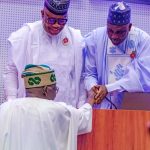
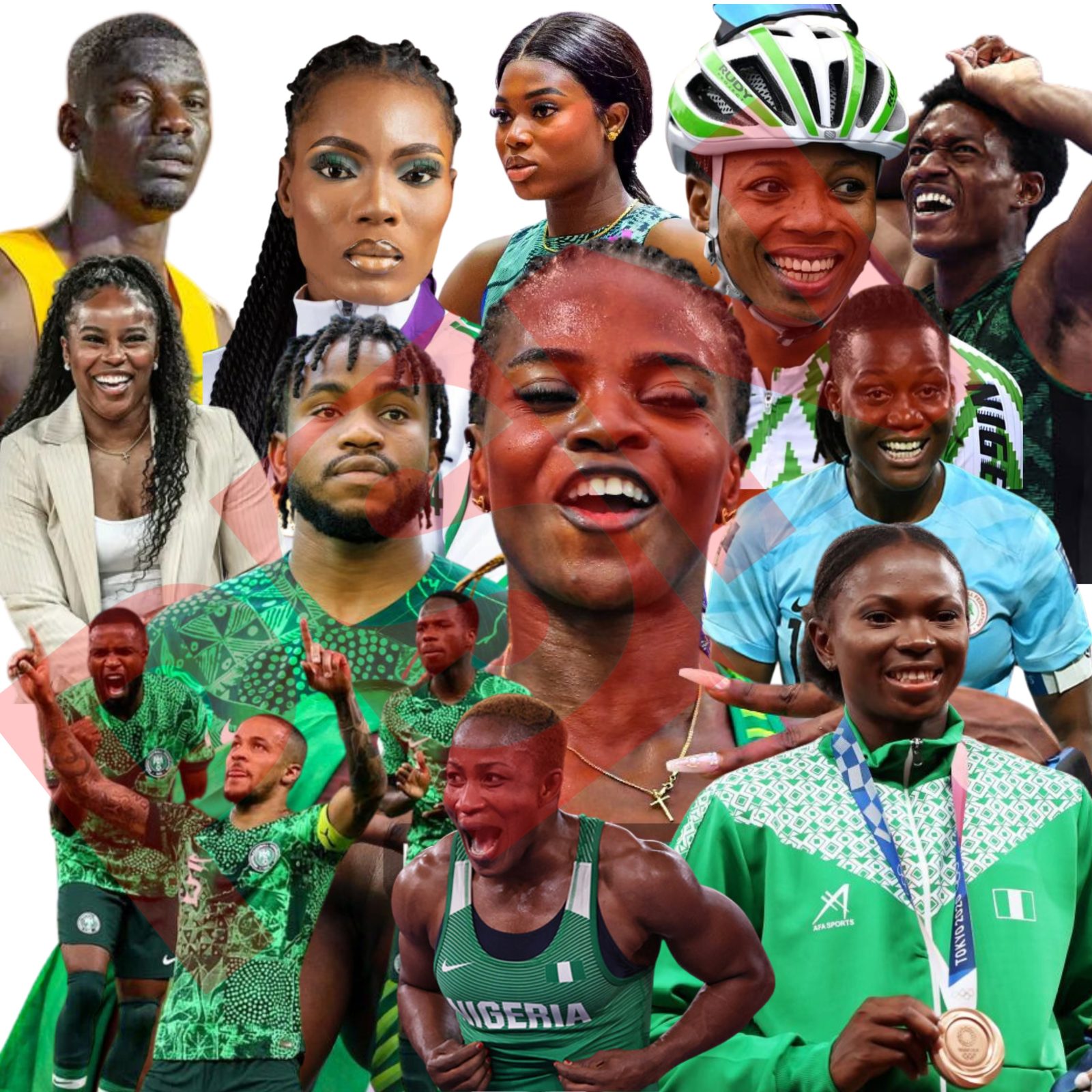


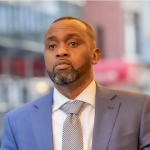




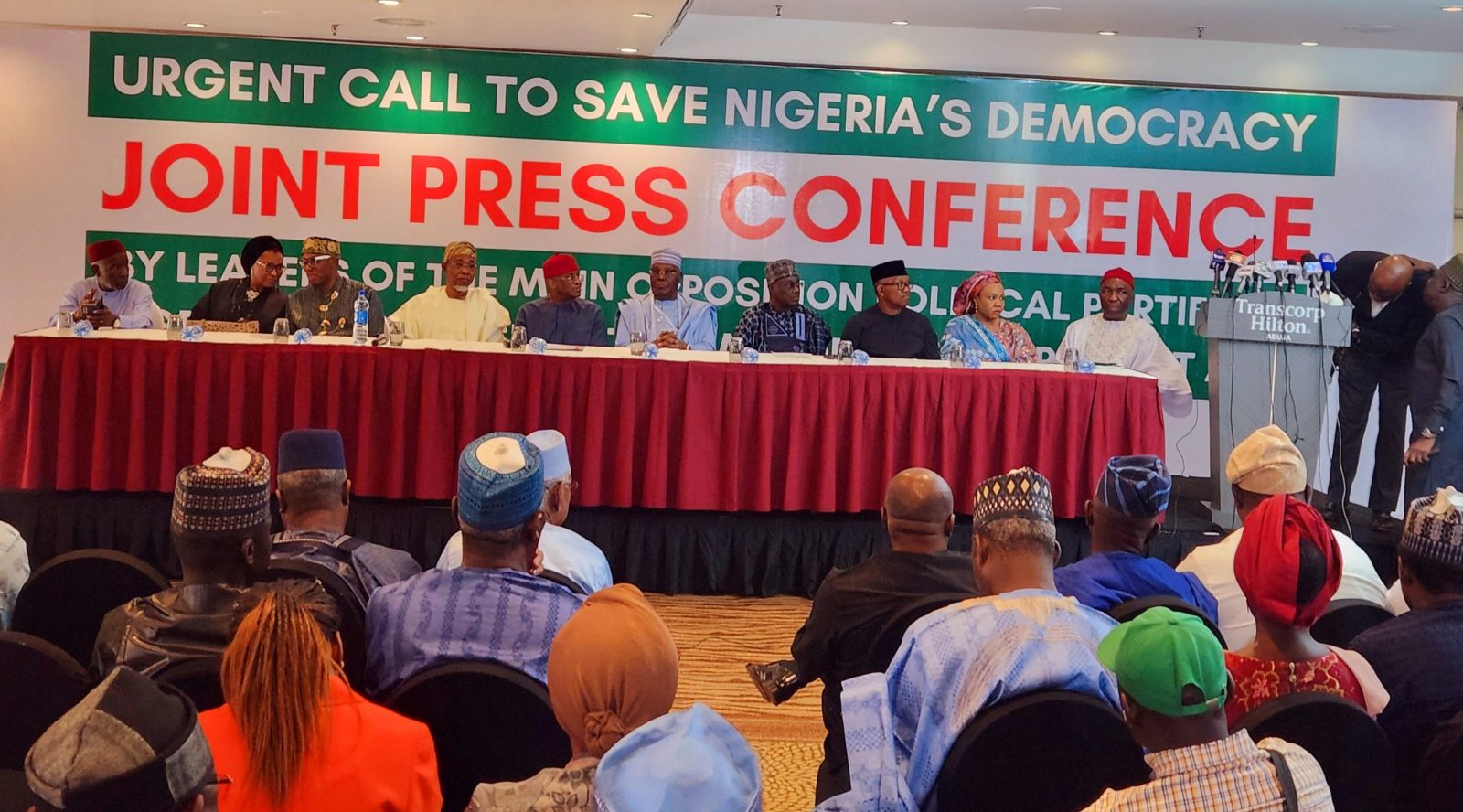
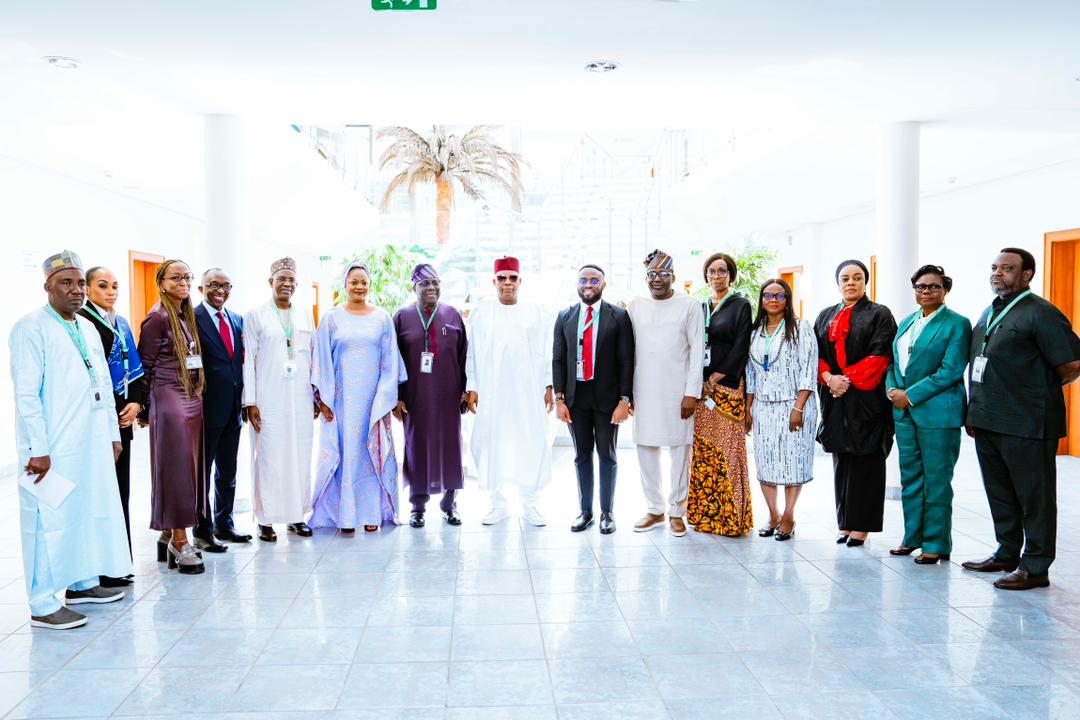
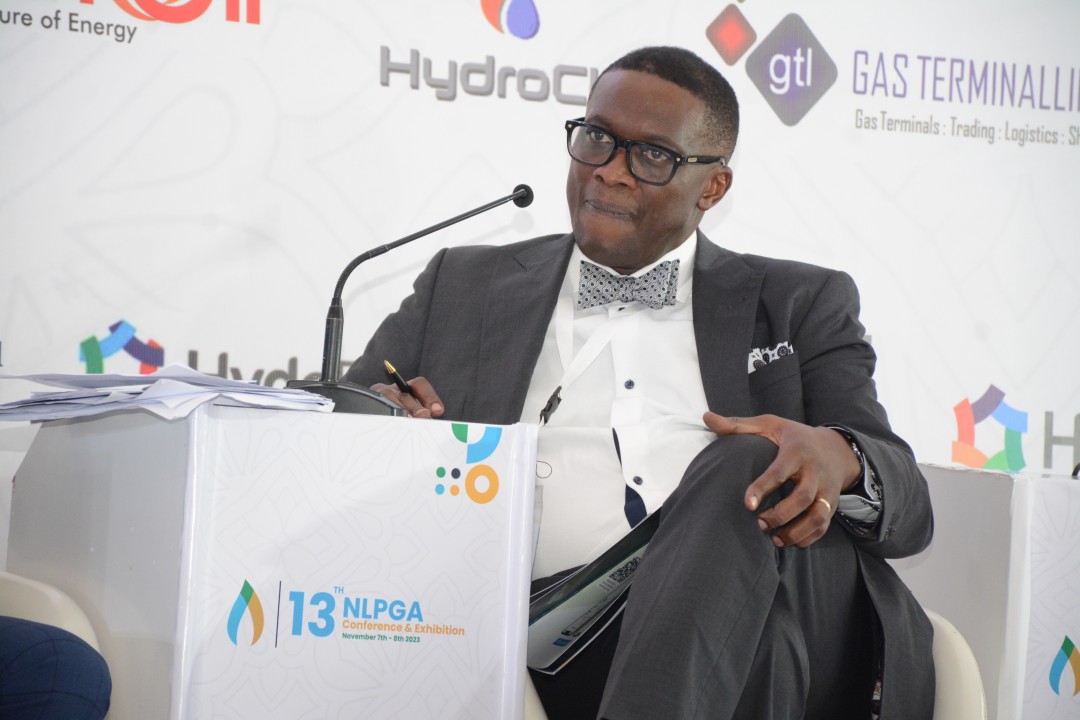
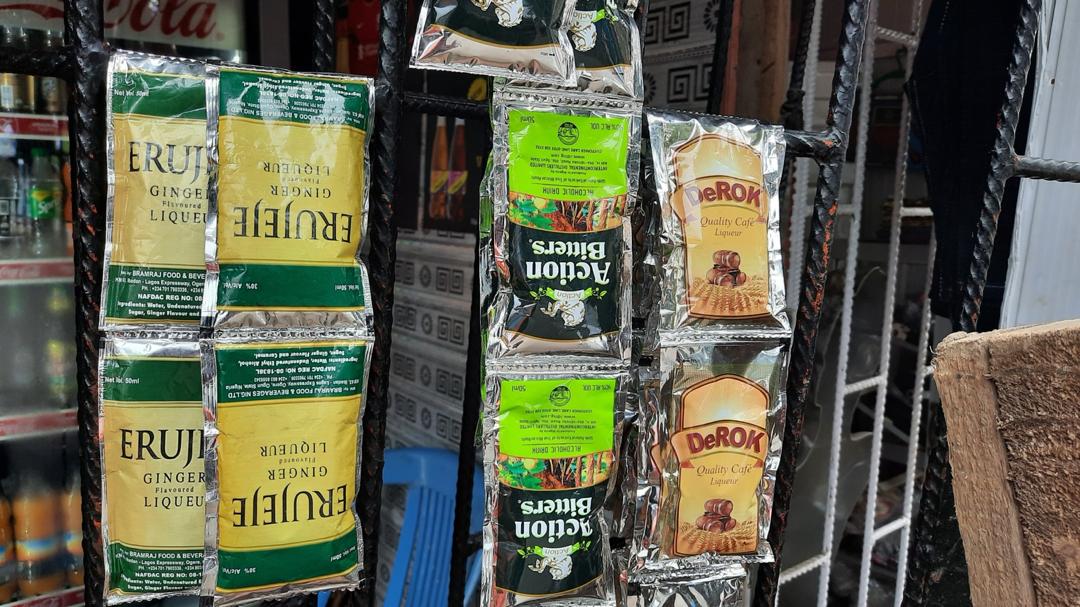
Leave a comment